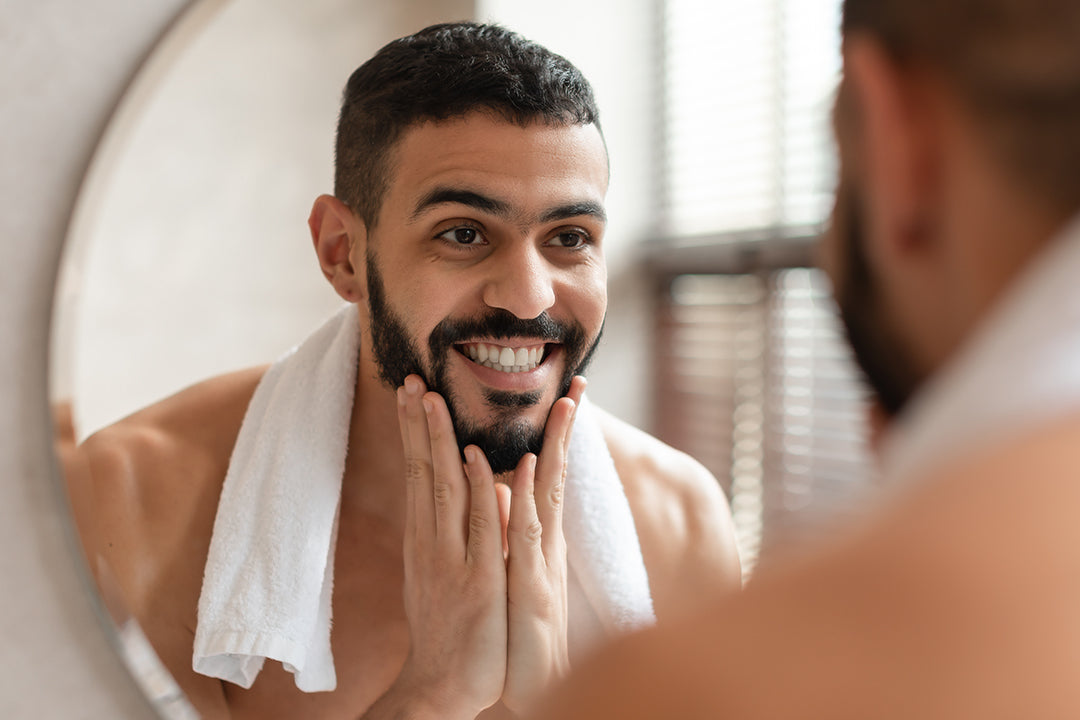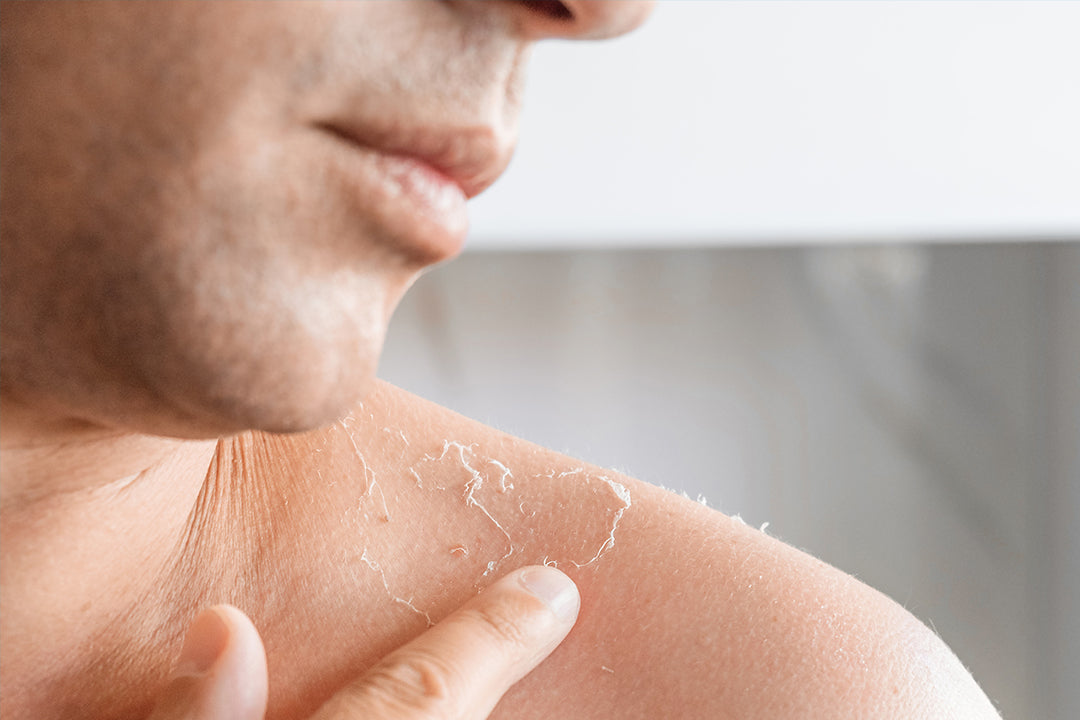Understanding your skin type is essential for developing an effective skincare routine. Whether you have oily, dry, combination, or sensitive skin, knowing your skin type allows you to choose the right products and treatments that address your specific needs. One of the easiest ways to determine your skin type is by taking a skin type test. In this article, we will explore different skin type tests and provide you with valuable information on how to find out your skin type.
Why is Knowing Your Skin Type Important?
Before we delve into the different skin type tests, let's first discuss why knowing your skin type is important. Your skin type affects how it reacts to various environmental factors, skincare products, and treatments. By understanding your skin type, you can:
- Choose the right skincare products and treatments: Using products and treatments that are specifically formulated for your skin type can help address common skin concerns and improve the overall health and appearance of your skin.
- Avoid skin issues and irritations: Certain ingredients and formulations may cause adverse reactions on certain skin types. By knowing your skin type, you can avoid using products that might trigger breakouts, dryness, or sensitivity.
- Develop a personalized skincare routine: Different skin types require different approaches when it comes to skincare. Knowing your skin type allows you to create a personalized routine that targets your specific concerns and promotes healthy skin.
Types of Skin Type Tests
There are several skin type tests that you can try at home to determine your skin type. Let's explore some of the most common ones:
1. The 7-Question Quiz
One popular method to find out your skin type is by taking a 7-question quiz. This quiz asks you specific questions about your skin, such as how it feels after washing, if it gets oily throughout the day, and if you experience any sensitivity or redness. By answering these questions, the quiz will provide you with insights into your skin type and recommend suitable skincare products and routines.
2. The Bare Face Method
Another way to determine your skin type is by observing your skin in its natural state. Wash your face with a gentle cleanser and avoid applying any skincare products. After a few hours, examine your skin in a well-lit area and note any observations. Here are some common characteristics to look for:
- Oily skin: If your skin appears shiny and you notice oiliness on your T-zone (forehead, nose, and chin), you likely have oily skin.
- Dry skin: If your skin feels tight, appears flaky, and lacks moisture, you likely have dry skin.
- Combination skin: If your skin exhibits both oily and dry characteristics, with an oily T-zone and dryness on other areas of the face, you likely have combination skin.
- Sensitive skin: If your skin is prone to redness, irritation, and reacts easily to certain products or environmental factors, you likely have sensitive skin.
- Normal skin: If your skin appears balanced, with no excessive oiliness, dryness, or sensitivity, you likely have normal skin.
3. Blotting Paper Skin Type Test
The blotting paper test is a simple yet effective way to determine your skin type. Start by gently pressing a blotting paper on different areas of your face, including the forehead, nose, cheeks, and chin. After a few seconds, observe the blotting paper:
- Oily skin: If the blotting paper appears greasy and translucent, you likely have oily skin.
- Dry skin: If the blotting paper shows no oiliness or minimal oil, and your skin feels tight, you likely have dry skin.
- Combination skin: If the blotting paper reveals oiliness on the T-zone but minimal oil on other areas, you likely have combination skin.
How to Tailor Your Skincare Routine Based on Your Skin Type
Once you have determined your skin type, it's important to tailor your skincare routine accordingly. Here are some general guidelines:
1. Oily Skin
If you have oily skin, focus on products that help control excess oil and prevent breakouts. Look for oil-free cleansers, toners, and moisturizers. Use non-comedogenic products to avoid clogging your pores. Incorporate exfoliation into your routine to remove dead skin cells and unclog pores.
2. Dry Skin
If you have dry skin, prioritize hydration and moisture. Look for gentle cleansers that won't strip your skin of its natural oils. Use rich, emollient moisturizers to nourish and hydrate your skin. Consider incorporating hydrating serums and face oils into your routine. Avoid harsh ingredients, such as alcohol and fragrances, which can further dry out your skin.
3. Combination Skin
If you have combination skin, you'll need to address both oily and dry areas. Use a gentle cleanser that balances oil production without stripping your skin. Consider using different moisturizers for oily and dry areas. Use lightweight, oil-free moisturizers on your T-zone and richer moisturizers on dry areas. Don't forget to exfoliate regularly to keep your skin smooth and prevent clogged pores.
4. Sensitive Skin
If you have sensitive skin, choose products that are formulated for sensitive skin types. Look for gentle cleansers that don't contain harsh ingredients or fragrances. Opt for fragrance-free and hypoallergenic products to minimize the risk of irritation. Perform patch tests before trying new products to ensure they don't cause any adverse reactions.
5. Normal Skin
If you have normal skin, consider yourself lucky! Normal skin requires less maintenance compared to other skin types. Focus on maintaining your skin's natural balance by using a gentle cleanser, moisturizer, and sunscreen. Regular exfoliation and a healthy lifestyle can help keep your skin looking radiant and balanced.
Takeaways
Knowing your skin type is the first step towards achieving healthy, radiant skin. By taking a skin type test, such as the 7-question quiz, the bare face method, or the blotting paper test, you can determine your skin type and tailor your skincare routine accordingly. Remember to choose products and treatments that address your specific skin concerns and promote overall skin health. With the right skincare routine, you can enjoy a glowing complexion and feel confident in your own skin.









